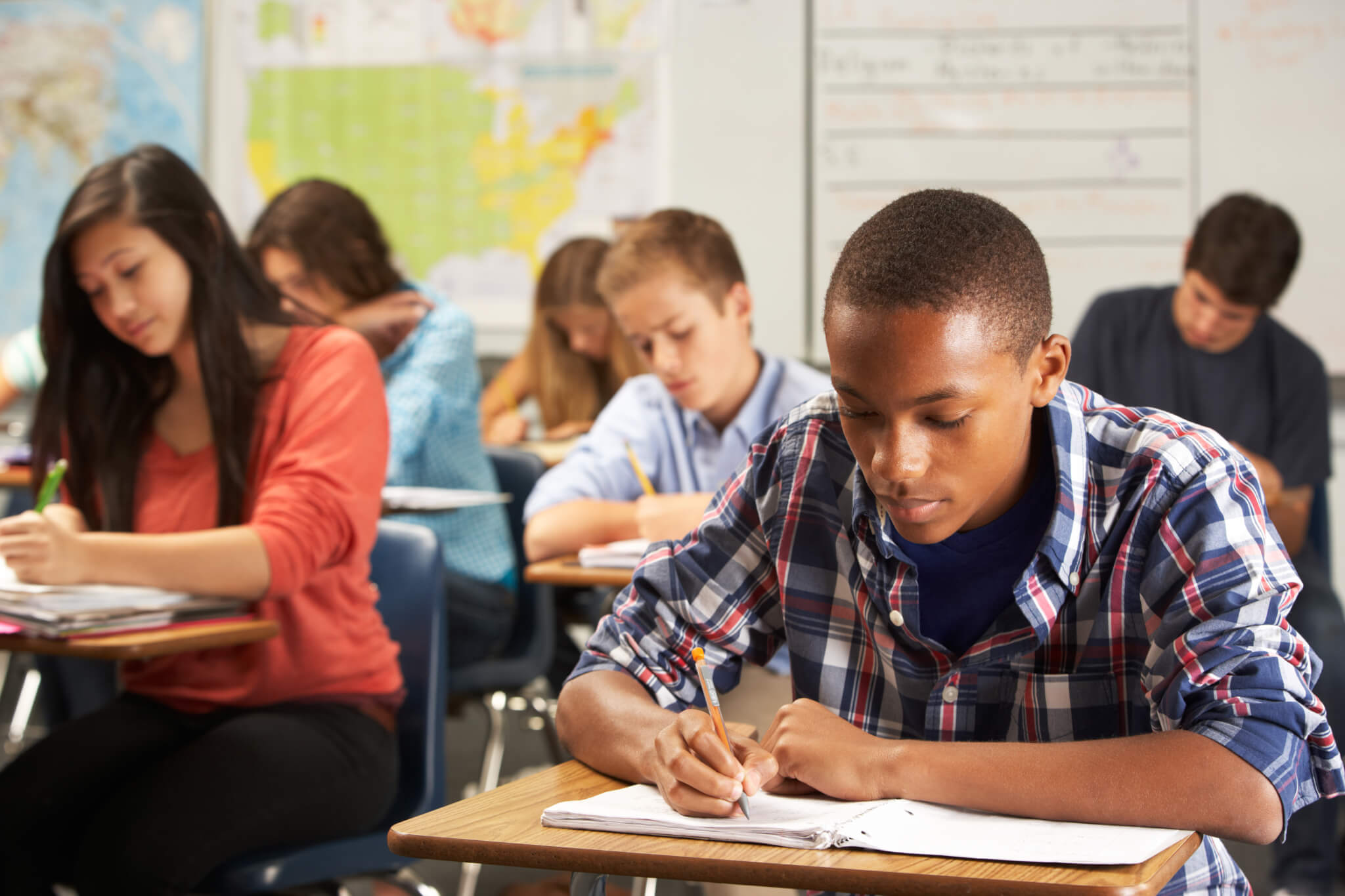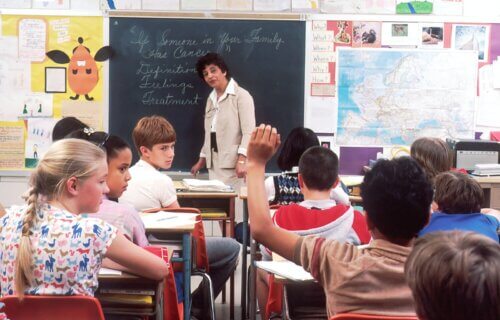LOS ANGELES — Public education has been a very divisive topic in the United States over the years. A sharp divide emerges about LGBTQ+ inclusion and racial justice issues being taught within the K-12 curricula, despite Americans showing overwhelming bipartisan support for the fundamental value of public education.
University of Southern California researchers surveyed over 3,900 U.S. adults to gauge public sentiment on what children should be learning in schools. The findings, derived from a nationally representative sample, offer a deeper understanding of the public’s views beyond the polarized debates that often capture media attention.
“We were surprised and hopeful to find such strong bipartisan support for public education and its purpose,” says study co-author Anna Saavedra, research scientist and co-director at the Center for Applied Research in Education at the USC Dornsife College of Letters, Arts and Sciences and director of research for the USC EdPolicy Hub based at the USC Rossier School of Education, in a university release.
“That said, there are major partisan differences in beliefs about what children should be learning in public schools, particularly regarding topics related to LGBTQ and race. Local districts have the challenge of reconciling these differences in the coming years.”

The survey, conducted from September to October, reached a diverse group of Americans, including those with and without children in K-12 schools. It aimed to explore opinions on the purposes of education, parental control over classroom content, and views on potentially controversial topics.
Key findings from the study include a shared belief across political affiliations in the importance of a free public education that teaches basic literacy, numeracy, and civics and prepares children for a financially secure future. Furthermore, Democrats and Republicans agree that protecting democracy is a vital goal of education, with 58 percent of Democrats and 54 percent of Republicans viewing it as very important.
Despite these areas of consensus, deep divides were evident on the inclusion of LGBTQ+ topics and discussions about race in classrooms. Support for high school students learning about LGBTQ+ topics was high among Democrats (80-86%) but fell below 40 percent among Republicans. The divide was even more pronounced regarding elementary education on these topics.
“Our survey highlights the deep divisions about not just what children should be learning in school, but also when. Policymakers need to really think about these nuances if they are going to craft policies that reflect what Americans really want,” explains study co-author Morgan Polikoff, an associate professor of education at USC Rossier.
The study also revealed broad support for teaching values of kindness and standing up for others, with 90 percent and 88 percent approval, respectively. However, Republican approval drops for high school students learning about current race-related issues, such as the use of race in college admissions and the impact of discriminatory policies on minorities.

While a majority support discussing race-related topics in high school, there is a clear partisan divide in teaching about historical racism, even if it causes discomfort. Democrats largely support this approach (81%), in contrast to only 33 percent of Republicans.
The USC study underscores the challenge facing educators and policymakers in navigating the complex and often divisive landscape of public education in the United States. As the nation grapples with these issues, researchers express hope that their findings will encourage bipartisan efforts to improve public education, armed with a better understanding of the public’s diverse views.
Click here to read the full report.

What we have is indoctrination….not education.